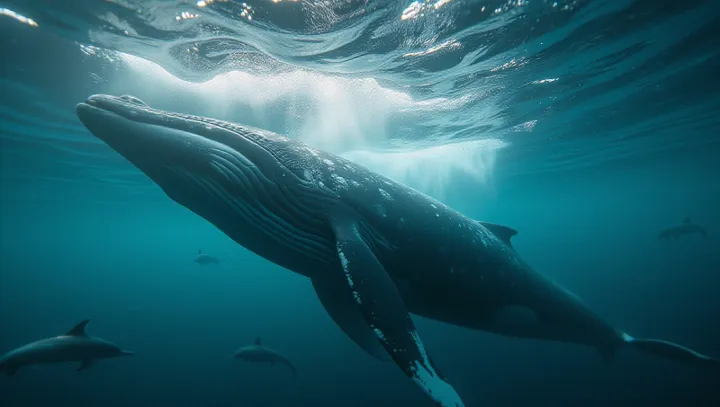Whale Breathing: Marvels of Adaptation

In the vast ocean waters surrounding Monterey, California, whales continue to captivate marine biologists with their extraordinary adaptations for breathing. Unlike fish, whales are mammals and need to breathe air. They have evolved unique physiological features, enabling them to fulfill this terrestrial requirement while thriving in aquatic environments.
Recent research underscores the complexity of whale breathing mechanisms. These giants possess a remarkable ability to hold their breath for extended periods, allowing them to dive deep into the ocean for food. Their lungs are highly adapted to rapidly exchange a significant proportion of the oxygen available in each breath, an optimization that supports their impressive dive durations.
Experts such as Dr. Emily Foster from the Marine Mammal Institute assert that whales' capacity to store large volumes of oxygen in their muscles is a key survival trait. This discovery highlights the evolutionary mastery of these mammals and emphasizes the intricate balance between their biological needs and environmental challenges.
The ongoing fascination with whale adaptation in scientific communities reveals more than just their biological prowess. It illustrates the broader narrative of how life on Earth evolves diverse solutions to environmental pressures, sparking further studies into the adaptations of marine life and inspiring efforts to conserve these majestic creatures.
